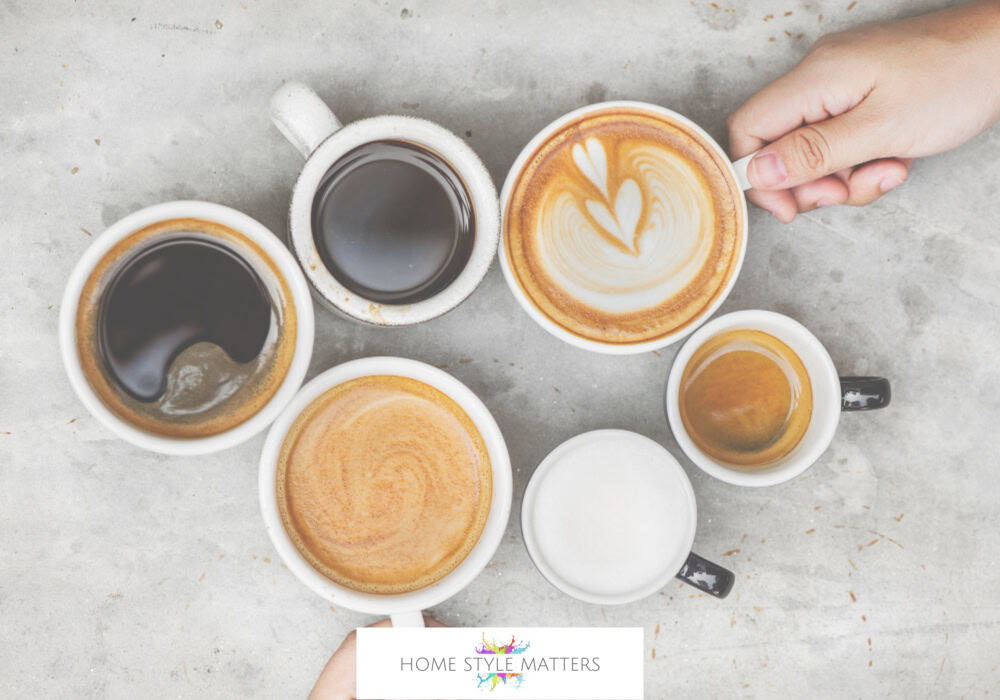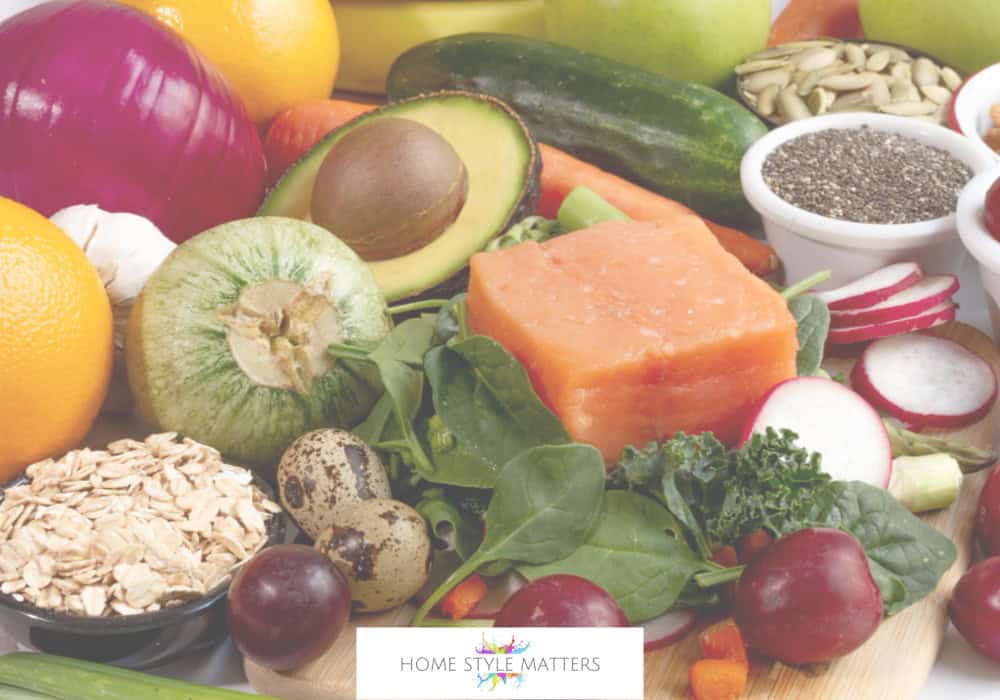The Role of Nutrition in Managing Anxiety
Table of Contents
Anxiety doesn’t just live in the mind—it also shows up in the body. While therapy, medication, and mindfulness are key tools in managing anxiety, one often-overlooked factor is nutrition. What we eat affects how we feel, and science continues to uncover the powerful connection between the gut and the brain.
In this article, we’ll explore how food can impact anxiety, which nutrients support mental wellness, and what eating habits can help reduce symptoms.
Understanding the Gut-Brain Connection
The gut and brain constantly communicate through what’s called the gut-brain axis. This connection involves nerves, hormones, and chemicals that link your digestive system with your central nervous system.
According to the Harvard Health Publishing, about 95% of the body’s serotonin—a key mood-regulating neurotransmitter—is produced in the gut (Harvard Health, 2021).
This means your diet can influence brain chemistry, mood, and anxiety levels. When your gut is healthy, your brain feels better too.
How Food Affects Anxiety
Certain foods can help reduce anxiety, while others can make it worse. Poor eating habits can lead to spikes in blood sugar, inflammation, and nutrient deficiencies—all of which may trigger or worsen anxiety symptoms.
Here’s how nutrition plays a role in managing anxiety:
- Stabilizing blood sugar prevents mood swings and irritability.
- Feeding the gut microbiome helps produce mood-boosting neurotransmitters.
- Reducing inflammation lowers stress on the brain.
- Supporting hormone balance improves emotional regulation.
Nutrients That Help Reduce Anxiety
Let’s look at specific nutrients that support a calmer, more balanced mind.
1. Magnesium
Magnesium helps regulate the nervous system and may reduce anxiety symptoms.
Research published in Nutrients journal found that magnesium supplementation may reduce mild anxiety, especially in people with magnesium deficiency (Boyle et al., 2017).
Foods rich in magnesium:
- Leafy greens (spinach, kale)
- Nuts (almonds, cashews)
- Seeds (pumpkin, sunflower)
- Avocados
- Whole grains
2. Omega-3 Fatty Acids
Omega-3s reduce inflammation and support brain health. They help regulate neurotransmitters and may ease anxiety symptoms.
A meta-analysis in JAMA Network Open found that omega-3 supplements had a modest effect in reducing anxiety symptoms (Su et al., 2018).
Sources of omega-3s:
- Fatty fish (salmon, sardines, mackerel)
- Chia seeds
- Flaxseeds
- Walnuts
3. B Vitamins
B vitamins—especially B6, B9 (folate), and B12—help regulate mood and produce brain chemicals like dopamine and serotonin.
Foods with B vitamins:
- Eggs
- Leafy greens
- Legumes
- Whole grains
- Meat and dairy (for B12)
Vitamin B deficiencies have been linked to increased anxiety and depression.
4. Probiotics and Prebiotics
Probiotics are “good” bacteria that support gut health, while prebiotics are fibers that feed them. Together, they promote a healthy microbiome.
A study in Psychiatry Research found that probiotic foods were linked to lower social anxiety in young adults (Hilimire et al., 2015).
Probiotic-rich foods:
- Yogurt with live cultures
- Sauerkraut
- Kimchi
- Kefir
- Miso
Prebiotic foods:
- Garlic
- Onions
- Bananas
- Oats
- Asparagus
5. Tryptophan
Tryptophan is an amino acid that helps the body produce serotonin. It’s found in many protein-rich foods.
Sources of tryptophan:
- Turkey
- Chicken
- Eggs
- Tofu
- Cheese
Pair tryptophan-rich foods with healthy carbs to boost absorption.
Foods That Can Worsen Anxiety

Just as some foods calm the mind, others can trigger or intensify anxiety symptoms.
1. Caffeine
Caffeine stimulates the nervous system and can mimic anxiety symptoms—like increased heart rate and restlessness.
According to the National Institutes of Health, consuming over 400 mg of caffeine per day (about 4 cups of coffee) may cause anxiety in some people (NIH, 2022).
If you’re prone to anxiety, consider switching to herbal tea or reducing caffeine intake gradually.
2. Sugar
Refined sugar causes spikes and crashes in blood sugar, leading to irritability and mood swings.
A high-sugar diet may also increase inflammation, which is linked to anxiety and depression.
Look for added sugars in processed foods, soft drinks, sauces, and snacks.
3. Alcohol
Alcohol may seem calming at first, but it interferes with sleep, affects brain chemistry, and can worsen anxiety long-term.
The American Addiction Centers note that alcohol changes serotonin levels, and withdrawal symptoms can include heightened anxiety (AAC, 2022).
Practice moderation, and consider alcohol-free alternatives if you’re managing anxiety.
Practical Tips for Eating to Reduce Anxiety
Here are some simple ways to make your meals more anxiety-friendly:
1. Eat Regular Meals
Don’t skip meals. Keep your blood sugar stable by eating every 3–4 hours. Include a balance of protein, fiber, and healthy fats.
2. Stay Hydrated
Dehydration can lead to fatigue, brain fog, and irritability. Aim for 6–8 glasses of water daily.
3. Cook at Home
Preparing meals at home gives you more control over ingredients and portion sizes. It’s also a great act of self-care.
4. Practice Mindful Eating
Eat slowly. Pay attention to textures, smells, and tastes. This not only helps digestion but also reduces stress.
5. Track What You Eat and Feel
A food and mood journal can help you notice which foods make you feel better—or worse.
When to Seek Help
Nutrition is a powerful tool, but it’s just one part of managing anxiety. If you’re struggling, reach out to a mental health professional or registered dietitian who specializes in anxiety.
They can help you create a treatment plan that includes therapy, movement, medication (if needed), and supportive nutrition.
Final Thoughts
Food is more than fuel—it’s medicine for the mind. A nutrient-rich, balanced diet can support your body, regulate your mood, and help manage anxiety from the inside out.
You don’t have to eat perfectly. Small changes—like adding leafy greens, drinking more water, or swapping soda for tea—can make a big impact over time.
By tuning in to what your body needs, you also strengthen your emotional resilience. And that’s a beautiful form of healing.
References
- Harvard Health Publishing. (2021). The gut-brain connection. [https://www.health.harvard.edu]
- Boyle, N. B., et al. (2017). The effect of magnesium supplementation on primary insomnia in elderly. Nutrients, 9(5), 429.
- Su, K. P., et al. (2018). Association of omega-3 fatty acid supplementation with anxiety. JAMA Network Open, 1(5), e182327.
- Hilimire, M. R., et al. (2015). Fermented foods, neuroticism, and social anxiety. Psychiatry Research, 228(2), 203–208.
- National Institutes of Health (NIH). (2022). Caffeine. [https://ods.od.nih.gov]
- American Addiction Centers. (2022). How alcohol affects anxiety. [https://americanaddictioncenters.org]




